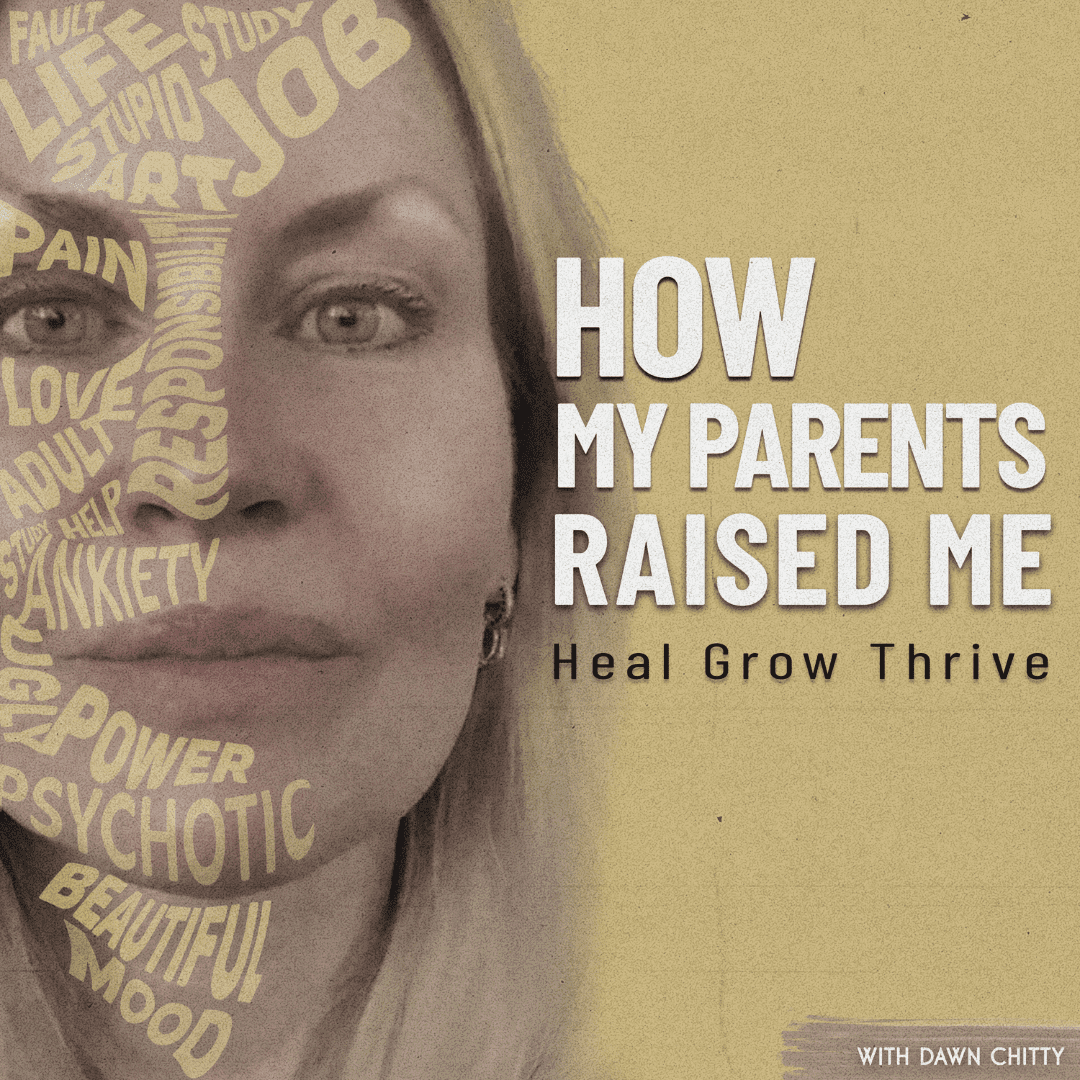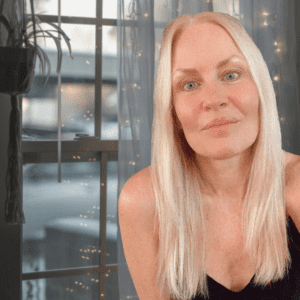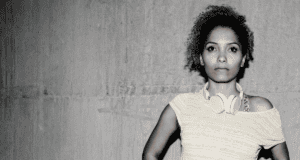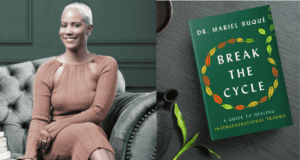5 Signs Of A Dysfunctional Family
Justin’s relationship with his father was turbulent. Growing up with an alcoholic father, life seemed out of control at times and Justin learned to parent himself at an early age. When his parents divorced Justin and his brother were caught in the middle of a bitter custody battle. Justin has spent many years on a healing journey cultivating self love and understanding. Did you come from a dysfunctional family too?
Five Signs Of A Dysfunctional Family
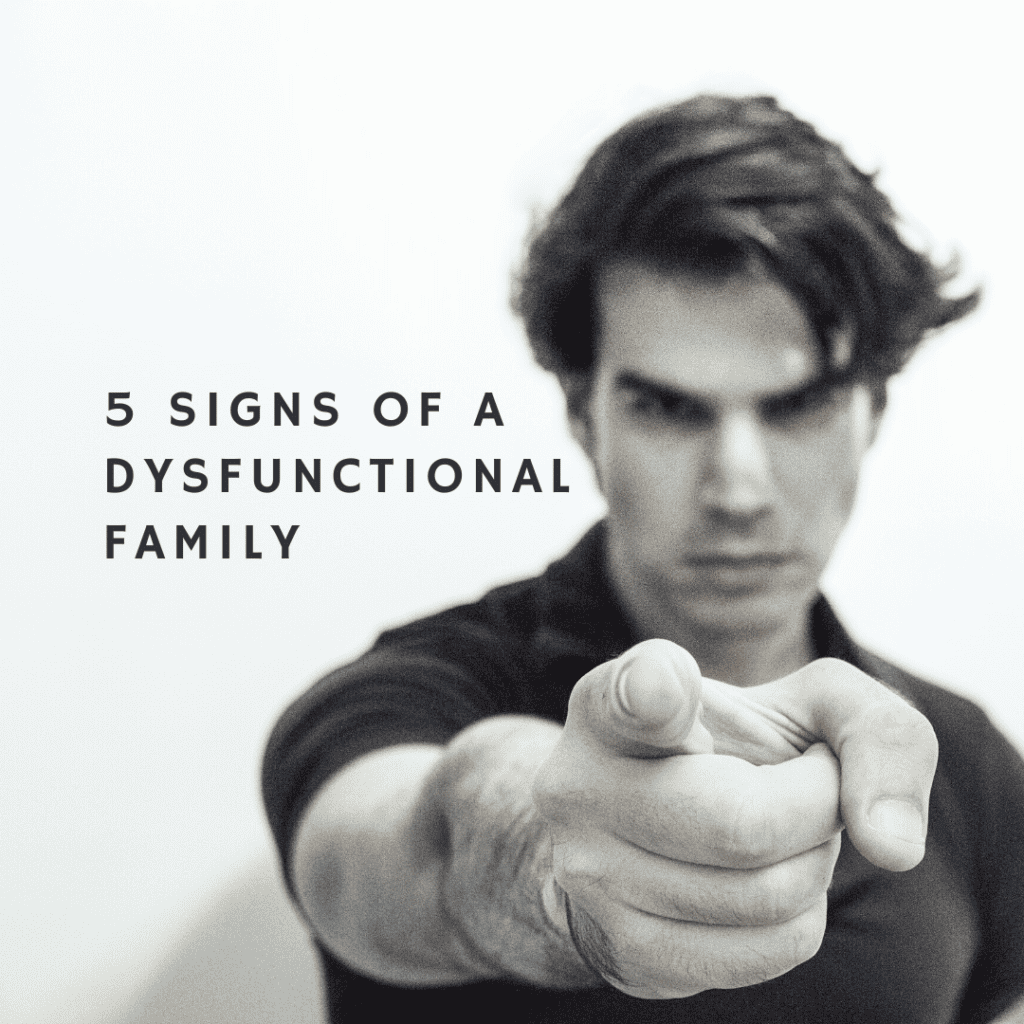
1. An Alcoholic Parent
My father was an alcoholic and he was abusive and it was challenging growing up. What was most confusing as a child is, you go into this survival mode when there’s a lot of chaos. But than I also have really wonderful memories as a kid, and I can immediately go back to them in a moment’s notice and really feel the magic of all that it was. And yet within the blink of an eye it can flip and switch so quickly that it’s like a blur. So I had a wonderful childhood. We had a beach house out on the coast that we would go to in the summer, but it’s hard to discern those memories without being clouded by the ones that were so painfully punishing.
As I got to learn more about my father and reconnected with before he passed away, we were able to break bread. And I forgave him and we had some nice moments together. I realized his father had been really tough on him as well. So it was hard to blame my father on some level because he kind of dutifully followed my grandfather to becoming an attorney, and I don’t think that was what he ever wanted to do.

2. Generational Trauma
Within our biological family tree, someone eventually cuts the cord for generations previous as well as those moving forward in terms of letting go of karmic wounds that we’ve been carrying around, passed down from one generation to the next. And I think it was my duty and my fate to snip those ties and take a long concrete look at the concept of family or material life in general. To see the deeper understanding and truth within this mirage that was my family in this lifetime, I was meant to engender a lot of insights and teachings, because of those painful lessons.
We are all dressed up in these funny roles on stage. I’m my father’s son, he’s my father. Maybe he was my son in a previous life, so maybe we had some stuff we had to work out. I think the overarching theme I tried to bring to my own life is forgiveness and compassion. For myself first, because in learning how to parent and take care of that little wounded child within myself, but also the wounded child within my own father, I realised he was in pain and I was just a reflection or a recipient of that pain, which he didn’t have the skill set to absolve for himself.
3. Parent’s Divorce
We always gravitate to our mothers so concretely, especially as young boys. But I had a little bit of a complicated relationship with my mom in the sense that my father and my mom were going back and forth through court in endless divorce trials and tribulations, joint custody, abusive shenanigans, and as kids we felt like we were pawns in this weird game that played out in court. Our parents have their own parental wounds from childhood and my mom certainly wasn’t exempt from that. It’s easy to target my father as the obvious instigator and abusive monster of sorts, and many times he was. But my mom had her own complicated background as well. Like my father, she had her own skill set and her own wounds and karma she was dealing with.
But it’s interesting, when I stepped back from it all and looked closer, I saw that If we don’t absolve these issues we have from our own past, it’s almost impossible not to carry them down to our children who are like sponges. So, there’s been a lot of forgiveness that I’ve had to undergo for myself, but especially for both of them. And, I’d be lying to you if I said it wasn’t a challenge. My parents were arguing throughout their entire lives and it lasted for a decade or two. But in some strange twist of fate my mom passed away on my dad’s birthday, and my dad passed away on my mom’s birthday. So it made me look at it all with a different lens.

4. You Parent Your Parents
My childhood was just so chaotic. And as kids we go into this survival mode and we don’t begin to realize the repercussions until later in life.
And during the divorce proceedings my father cross examined us in court. He was cross-ex examining us like we were convicted criminals. And the lawyer who was observing it all said that to call it strange, would’ve been the understatement of the century.
We were actually being cross-examined, at one point, by my father’s cousin who was representing him, and it was all just so strange. And I remember looking at my brother who was going through this with me, and I think when there’s such chaos between parents during this kind of situation, the children become the parents. My brother and I were looking at each other like, this is crazy! Why is everyone acting mad? And as kids, we’re the only ones that are like, ‘this is bullshit!’. And we’re young children. So there’s an element where I think in dysfunctional families, the children who survive this chaos end up becoming a little more quick on the uptake and are really good at adulting themselves in some capacity.
I’ve been parenting myself for a long while now and looking back to that time where my own dad cross-examined me, hearing him telling me some of the things that would make your jaw drop, I had to be the parent, because I realized my own parents were out of control. They had zero self-awareness of any kind. And sometimes the dialogue they had with themselves is that ‘I did everything for you kids’, or ‘I always did what was best for you’. And they have to say that because the underlying truth of that, if they had to confront it, is they would break down, in a harrowing wash of tears. Because it’s almost like they were going through their own survival instinct amidst their own chaos and not having the wherewithal to address it or come to terms with it for themselves, let alone for their kids.
My dad was a powerful attorney. He fought in court with tactics that were a little suspect, but at a certain point we had to see him twice a month. My Mom tried her best to protect us from it. There were promises that we were going to move away to another state, but those never came to fruition. So it felt like my childhood was in a holding pattern, constantly waiting for ‘when is this going to happen?’.

5. There Are Feelings Of Shame
I saw a therapist for a lot of years and I think the word that comes up a lot around this survival of abuse, is shame. This idea of what could I have done differently? Or why me? Or did I do something wrong or am I not enough? Those are the themes that came up a lot and still come up from time to time. And I think my mom tried her best to shelter us from some of it. But it was such a time of chaos that it was impossible for the aftermath of that shame not to show up in my adult life.
And I can see how it has showed up in my brother’s lives in different ways. We all have it. Everyone who survives this stuff has it. And we cope with that element of shame forever. As adults we learn to have a different relationship with it. I’ve had to learn how to shake hands with some of these feelings because I don’t think they ever really go away until you process them and you realize that the hold they have on you isn’t as strong as you thought, because you’ve processed it.
By going so deeply into that wound, I’ve been able to see what I’ve adopted from them, and it’s not something you learn once and you’re done. It’s a constant check-in to say, ‘oh, this might be part of that thing. Maybe it’s time to re-address the way I’m doing this’.
My dad was in pain. For people who develop alcoholism, part of it may be genetic. But there is an incapability or desire to confront some of their own stuff, their trauma. Having three children is no easy feat and working probably 10 to 12 hour days and coming home to three loud rambunctious children. I have to give him a pass too. I’m not saying that to justify his behavior. But you compound that with the things he hasn’t resolved, and I unfortunately I ended up being the recipient of his lack of wanting to address that trauma.
My Mom had a lot of trouble moving on from the upheaval of the divorce. And she finally moved out to California years and years after she said she would. And after being out there for three to five years, I believe the guilt and shame from what she did or didn’t do in that divorce situation really got to her and she ended up developing cancer and passing away.
And it’s sad, because what I realized in regards to my mom and my father, is, you can’t save people. You can only really save yourself. You can try to offer whatever it is you think might serve them in the best capacity because you care about them and love them. But you can’t force someone to address or confront or absolve their own stuff.
Justin Connor is an award-winning filmmaker, actor, musician, artist and author. He has written and directed The Golden Age a movie about his journey to healing. You can find out more about Justin’s work HERE.
